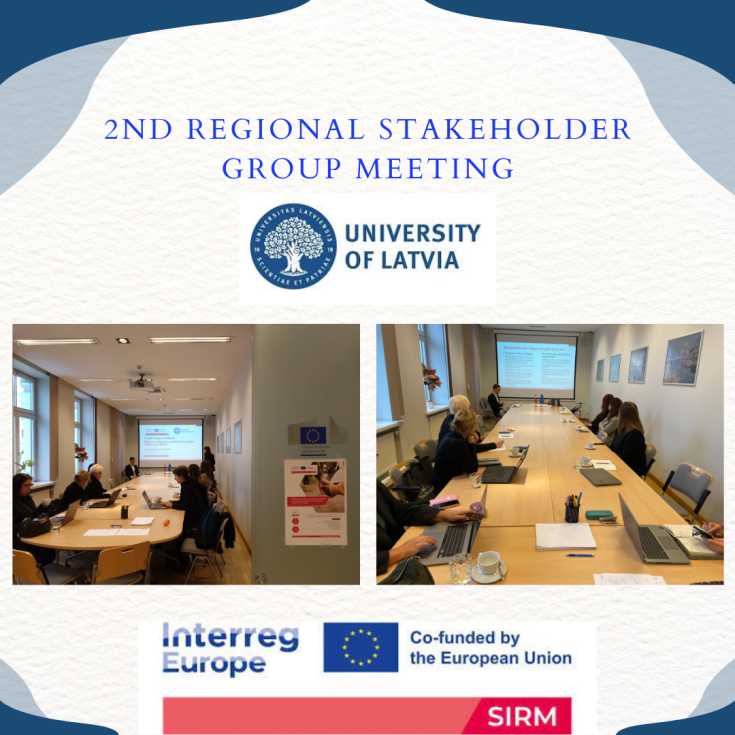2nd Regional Stakeholder Group Meeting - Latvia

On 7 December 2023, the 2nd Regional Stakeholder Group Meeting was held, which brought together Latvian stakeholders representing various organisations to learn about examples of good practice in Croatia and identify needs related to the integration of Ukrainian refugees and migrants in Latvia.
The University of Latvia informed the participants about the progress and activities of the project, and the associate partner from Saulkrasti Municipality shared insights from the exchange of experiences and examples of good practices in Šibenik, Croatia.
In the second part of the event, a discussion was held on the challenges and needs related to the integration of Ukrainian refugees and others, with the participation of representatives of the Saulkrasti Municipality Council, the Foundation for the Integration of Society, the Ministry of Social Welfare, the association "Gribu palīdzēt bēgļiem", the State Centre for Educational Content, municipalities and others. The discussion led to several key points:
- The integration of Ukrainian children into the Latvian education system is currently an important issue. Many Ukrainian children and adolescents study remotely in Ukrainian schools while simultaneously attending a Latvian school, resulting in overload. Referring to the examples of the project's partner countries, as well as Estonia, it was pointed out that legislation should be introduced to resolve and monitor such a situation.
- Ukrainian children would benefit from the presence of someone in the schools who could provide support not only in educational and translation issues, but also in practical matters, as in the case of the "international assistant" of the Conievo School Complex in Poland, which was also presented at the meeting.
- Attention should be paid to the integration of Ukrainian nationals in the labour market, as they mainly work in low-skilled occupations. Some existing barriers are insufficient knowledge of the Latvian language, limited employment opportunities in the regions and other daily life challenges. Data from the State Employment Agency (SEA) (as of December 2023) indicate that 7 000 out of 23 375 registered Ukrainians are unemployed. Support tools such as free Latvian language courses, a one-off grant for starting a job, housing support and individual counselling have so far been important measures to support Ukrainians. However, additional instruments for the long-term integration of Ukrainian citizens are the direction of further support and policy instruments.
